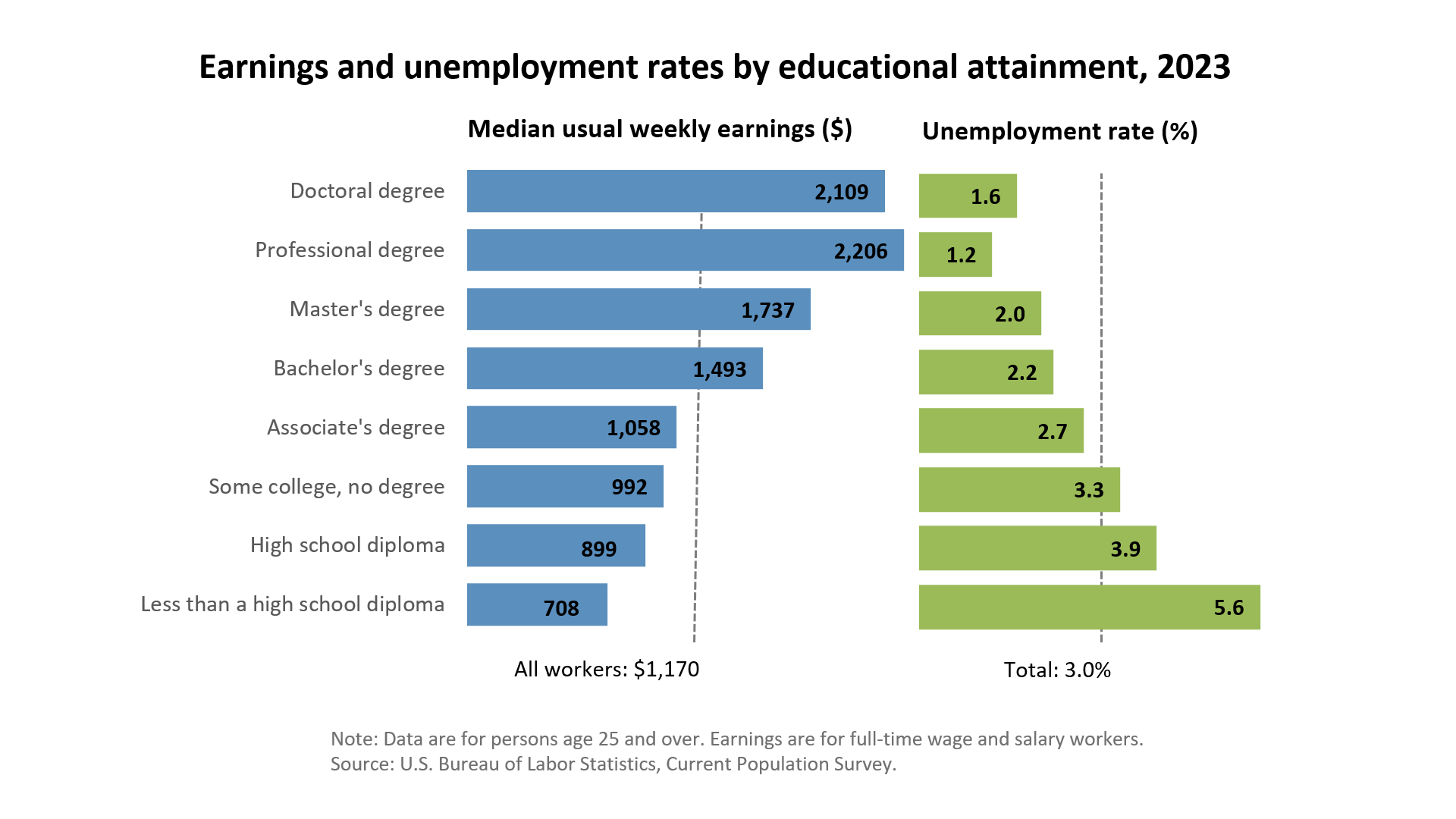Get Matched With Online Colleges
Students preparing to attend Drake University (DU), located in Des Moines, Iowa, will find themselves one of nearly 5,000 students when they arrive on campus. Des Moines itself is a midsize city, with a variety of points of interest. Students may choose to go to the Greater Des Moines Botanical Garden or spend a lazy Saturday afternoon at Gray’s Lake to help them re-energize after a busy week of academics. Students who appreciate art or who are art majors may also enjoy the Des Moines Art Center.
Search All Programs
Overview of Drake University (DU)
The university provides students with campus housing, so you can expect to enjoy the relationships you form every evening and on the weekends without ever needing to drive anywhere. Students who have opted for the dining plan gather at the university dining hall for their meals. If you prefer, there are several restaurants located on the campus.
The university also makes recreational activities and locations available for students to take part in sand volleyball and other sports. Academic buildings, such as the campus library, make it easy for students to work on class assignments or to study for exams.
General Information
| School Type | Private not-for-profit |
|---|---|
| Campus Setting | City: Midsize |
| Campus Housing | Yes |
| Student Faculty Ratio | 10:1 |
| Graduation Rate | 81% |
| Year Founded | 1881 |

Student Enrollment
Total Students4,884
2,954
1,930
Undergraduate Student
Male 1,211
Female 1,743
Graduate Student
Male 791
Female 1,139
Explore Map
Drake University Acceptance Rate and Admissions
APPLICATIONS6,944
ACCEPTANCE4,722
Acceptance Rate68%
Enrollment 803
| Admissions | |
|---|---|
| Application Fee | N/A |
| High School GPA | Required |
| High School Rank | N/A |
| High School Transcripts | Required |
| College Prep Courses | Recommended |
| Recommendations | Recommended |
| SAT/ACT | Required |
| TOEFL (Test of English as a Foreign Language) | Required |
| Application Deadline | Rolling |
| Common Application Accepted | Yes |
DU Tuition Cost & Financial Aid
Attendance at a state university is often a huge expense and part of the calculus of whether or not you can even attend school. Many families find this to be one of the most important statistics on any school they consider. For a private, non-profit university, tuition is nearly always more expensive than it is for public colleges and universities. Drake University’s sticker price was a whopping $60,000+ in the most recent school year.
This breaks down to an in-state and out-of-state tuition of $44,000. Room and board cost around $11,100, books and supplies add another $1,100, and other fees and charges can add up to $3,700.
However, families don’t necessarily pay the entire cost each year. Drake University’s financial aid office helps students to find scholarships, grants, and student loans that can help ease the pressure for those students who want to attend this prestigious school. The average net price for the 2018-2019 school year was just around $30,300. The university also tracks how the net cost breaks down by income since the FAFSA awards moneys to students based on their family’s income from the year before. Students whose families earned less than $30,000 paid around $25,300, while families earning $110,001+ paid around $33,100.
One hundred percent of beginning students were able to receive financial aid in recent years. They received $25,929 in grants or scholarships as well as $23,903 in institutional grants and scholarships.
| Average net price | 2018-2019 |
|---|---|
| Net Price | $30,265 |
| Average Total Aid | $25,929 |
| Students Receiving Financial Aid | 100% |
| Room & Board | $10,848 |
Sticker Price
- Tuition In-State - $42,840
- Tuition Out-of-State - $42,840
- Books and Supplies - $1,100
- Room & Board - $10,848
- Other - $3,700
Academics
As students go through their college options, they should take some time to learn what the different academic statistics are for each school. For Drake University, the statistics are good.
The retention rate, which measures the percentage of first-year students who return to the campus for their second year, is 84%, quite a bit higher than the national average. The total acceptance rate is 68%, making it a bit more difficult to gain acceptance. This is lower due to the fact that the admissions committee accepts only the students whose college exam scores are higher than average. The SAT acceptance requirements (Combined) are 1,100 and 1,370. The acceptance requirements for the ACT combined are 24/31.
Additionally, the 4-year graduation rate is 73%, also higher than the national average, and the 6-year graduation rate is 80%. That makes it very possible that, once you are accepted into this school, you may be able to get all the way through your academic career and graduate with the same friends and students you started with.
Drake University also offers both evening classes and some distance learning (individual classes, not degree programs). So, if you have trouble attending a class because of an internship or work program, or if you simply want to speed up your graduation by taking a few extra classes over the school year or summer, that’s something you can discuss with your academic advisor.
The most popular degree programs are business, management, marketing, and related support services; communication, journalism, and related programs; biological and biomedical sciences; social sciences; and visual and performing arts.
Retention
Rate
4 year
Graduation
Rate
6 year
Graduation
Rate
Student Population Total
Student Population 4,884
2,954
1,930
Most Popular Programs & Majors
(# of Diplomas Awarded by Subject)
| All Business Majors | 204 Total Graduates / 29% |
|---|---|
| Marketing/Marketing Management, General | 52 Graduates |
| Actuarial Science | 42 Graduates |
| Finance, General | 23 Graduates |
| Accounting | 21 Graduates |
| Communication, Journalism, and Related Programs | 73 Total Graduates / 10% |
| Public Relations/Image Management | 38 Graduates |
| Journalism, Other | 28 Graduates |
| Advertising | 6 Graduates |
| Broadcast Journalism | 1 Graduates |
| All Biological & Biomedical Majors | 58 Total Graduates / 8% |
| Biochemistry, Biophysics and Molecular Biology, Other | 27 Graduates |
| Biology/Biological Sciences, General | 18 Graduates |
| Neuroscience | 13 Graduates |
| All Social Sciences Majors | 50 Total Graduates / 7% |
| Political Science and Government, General | 14 Graduates |
| International Relations and Affairs | 10 Graduates |
| Sociology, General | 9 Graduates |
| Anthropology, Other | 8 Graduates |
| Visual and Performing Arts | 46 Total Graduates / 6% |
| Music Performance, General | 13 Graduates |
| Dramatic/Theatre Arts and Stagecraft, Other | 11 Graduates |
| Commercial and Advertising Art | 7 Graduates |
| Drama and Dramatics/Theatre Arts, General | 4 Graduates |
| All Other Diplomas | 40% |
Outcome & Salary
By the end of a student’s time at Drake, they should be able to find a job in their degree field. Early-career salaries for graduates averaged around $54,800 in recent polls, and their mid-career salaries increased to $107,900.
Ten-year salary earning potential for Drake graduates is $662,820 and 20-year salary earnings potential is $1,741,820. After deducting the 4-year average cost of education ($240,000), the return on investment (ROI) is as follows: 10-year projected ROI is $422,820 and 20-year projected ROI is $1,501,820.
High school graduates who don’t go to college earn a national average salary of $37,960, their 10-year projected income is $379,600, and their 20-year projected income is $759,200. As you can see, earning an expensive education can mean more money in the long term.
| Graduates Salary | |
|---|---|
| College Grads Early Career Salary | $54,800 |
| College Grads Average Salary | $66,282 |
| College Grads Mid Career Salary | $107,900 |
| Return on Investment (ROI) | |
|---|---|
| 10 Year Salary Earnings Potential | $662,820 |
| 20 Year Salary Earnings Potential | $1,741,820 |
| Cost of Education (Net Price) 4 Year | $121,060 |
| 10 Year Projected ROI | $541,760 |
| 20 Year Projected ROI | $1,620,760 |
| No College Education Salary Comparison | |
|---|---|
| National Average Salary | $38,792 |
| 10 Year Projected Income | $387,920 |
| 20 Year Projected Income | $775,840 |

Photos & Videos
sources:
Related Top College Resources







